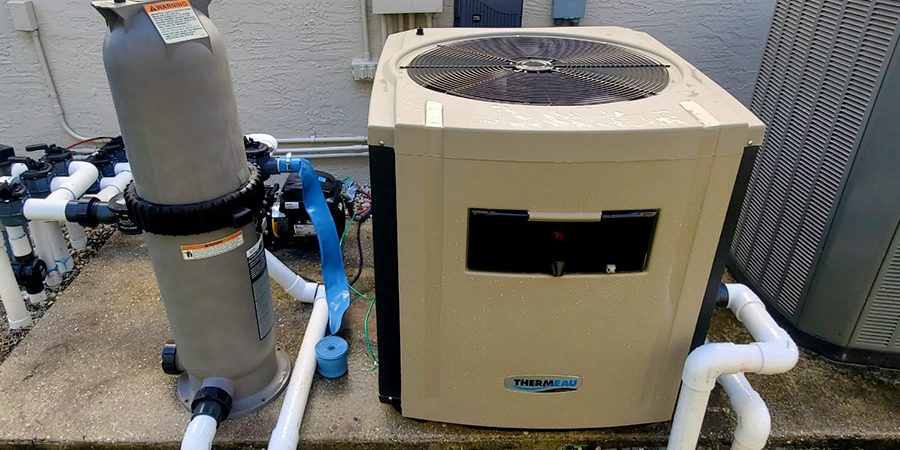Pool heaters are an essential component of any pool, allowing you to enjoy a relaxing and soothing dip in your swimming pool year-round. Pool heaters work by cycling water through the system, warming it up before it is sent back out into the pool. Modern pool heaters come in a variety of sizes and configurations—from small portable units for personal pools to larger models for large commercial settings—making them the perfect choice for just about any swimmer.
When buying a pool heater, there are several factors to consider including model type, size, efficiency, noise level, installation cost, and maintenance expenses. Here are 10 things to know about purchasing a pool heater:
- Different types of pool heaters offer different benefits – from higher energy efficiency ratings to faster heating time. Gas-powered models generally provide higher and more consistent temperatures than electric models but can be more expensive to install and maintain over time. Heat pumps are an eco-friendly option that extracts heat from the outside air and can save significantly on utility bills compared to gas or electric models.
- Look for an energy-efficient model with a high BTU rating (British Thermal Unit) – these measures how much energy is used per hour while heating your swimming pool water. For example, if you have a medium-sized 15×30 foot swimming pool with 6 feet of water depth, you’ll need at least 50k BTUs per hour of power in order to adequately warm the water in an acceptable timeframe; look for an energy-efficient model that produces at least 80% efficiency or better per BTU rating (or CSPF). This will help reduce your monthly energy costs associated with running your heater.
- Understand noise levels – some older models may produce louder sounds when running due to outdated motor designs and components; these should be avoided unless you prefer having white noise in your backyard! Look for newer “quieter” models that run at lower decibels; most respected brands offer the quietest operation guarantees along with reduced sound levels when compared to traditional units.
- Consider installation costs – although some systems are designed as ‘plug & play’ or DIY projects, others require professional installation which may include additional labor costs; ask around or perform research online before committing to any specific brand or system so you fully understand all associated costs involved with keeping your new heater operational over time; also consider what additional features such as special plumbing requirements that may factor into cost estimates prior to purchase.
- Properly size the unit – many homes have improperly sized units leading to unnecessary losses in both performance and efficiency; take precise measurements of all relevant parameters such as temperature variation (heat loss) throughout various seasons along with estimated gallons per minute flow rate before installing so you can accurately choose the right heater able to handle the load necessary for adequate performance results year round!
- Choose digital controls – digital control systems allow users to easily monitor temperatures on-site via their smartphone or other mobile devices like tablets rather than having manually check gauges on-site every few days; this feature also allows quick access if temperature adjustments need to be made such as during cold winter months when extra warmth is required during swimming season!
- Check safety ratings – make sure whatever unit chosen is certified by both state & local building codes as well as meets NSF International standards; these certifications verify materials used including plastics/fiberglass/stainless steel along with other pertinent safety details which must always be considered prior making final selection decisions!
- Select appropriate accessories & upgrades – depending on individual needs there are several accessories available including automatic chlorine dispensers/water filters/chemical injectors designed to help keep chemistry balanced correctly at all times while maintaining optimal clarity & cleanliness within the swimming area too! Additional upgrades also exist like solar blankets which capture solar radiation during sunny days and then transfer it back into water helping maintain cooler temps overnight without using electricity (which could save money over time!).
- Purchase from reputable dealers – especially since most systems require professional installation by certified technicians who understand each unique system intimately rather than relying on universal instructions supplied alongside the unit itself; reputable dealers often offer warranties & extended service contracts too which could help protect investment down the road if anything unexpected occurs after the purchase has been made!
- Budget for annual maintenance – never underestimate the importance of regularly scheduled maintenance checks performed annually by qualified technicians who understand the inner workings of the installed system inside out; regular checkups can help prevent costly repairs from occurring due to unforeseen problems later down line not caught beforehand due lack proper attention given early stages ownership!


